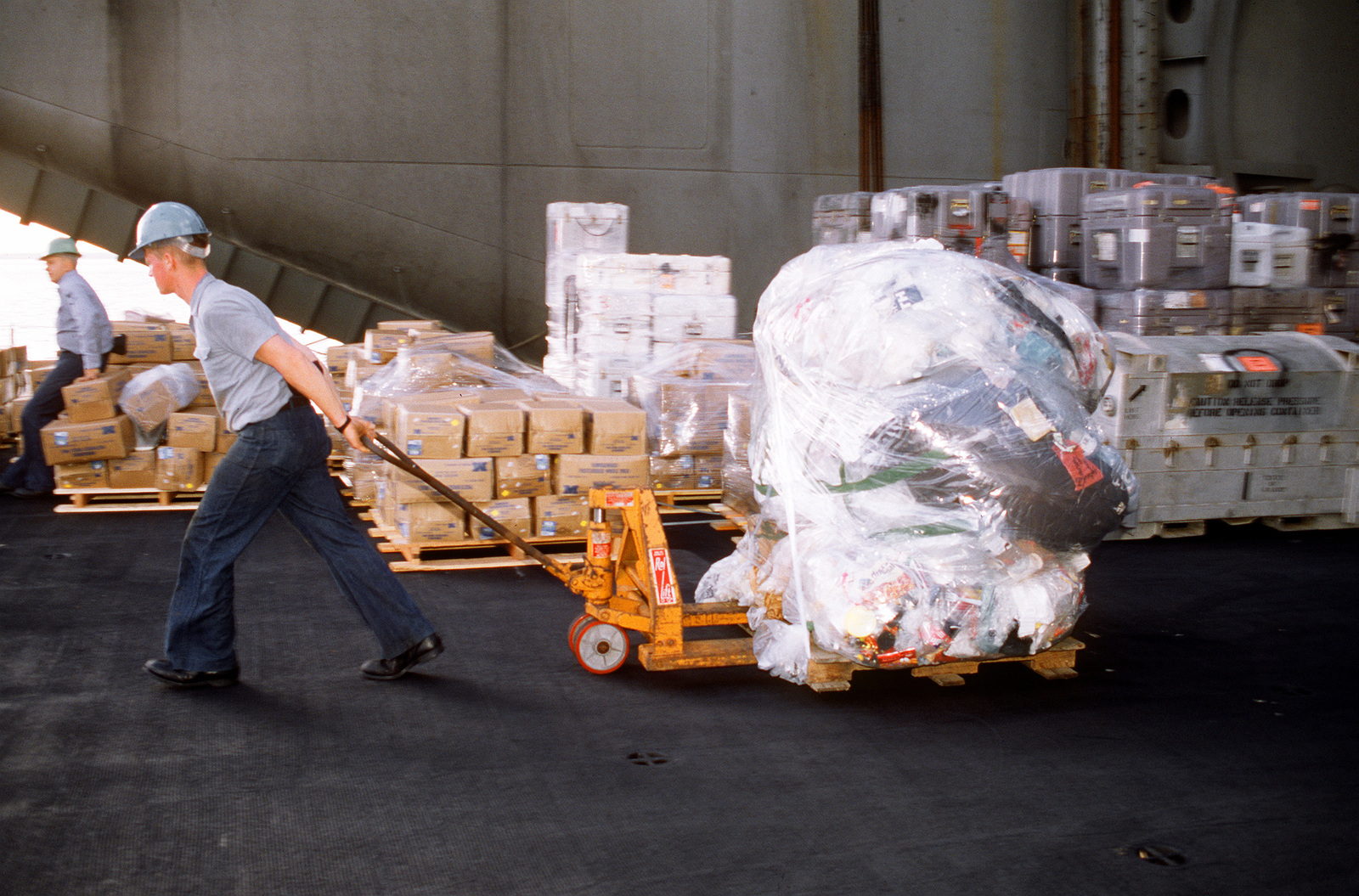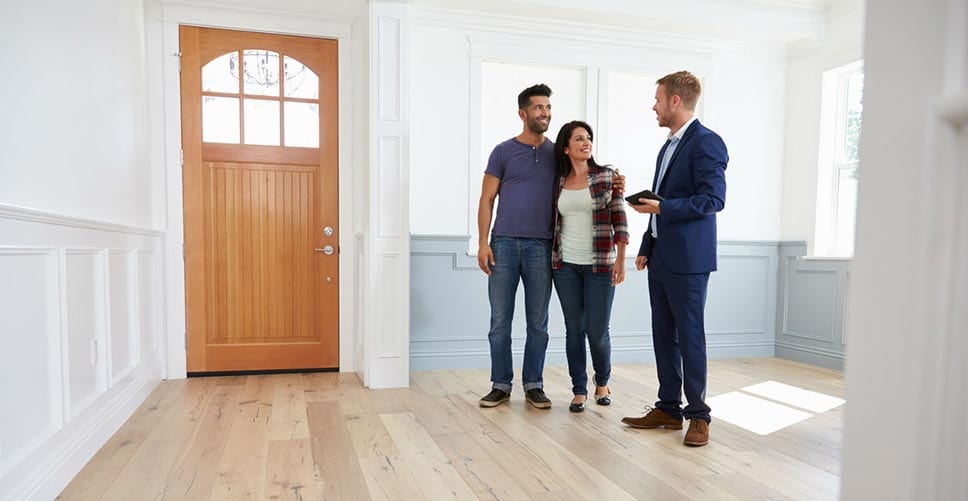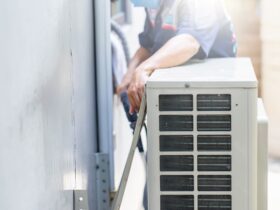Buying your first home can be scary. There are a lot of expenses that you may not have to worry about before, such as property taxes and homeowner’s insurance, not to mention the big one — the down payment! But it doesn’t have to be so scary if you know what you’re doing and do your research beforehand. Some owners tend to get too excited and don’t bother researching and looking more into a property.
Check out this list of seven mistakes to avoid when buying your first home, and learn how to make the most of your new place without spending too much money on it in the process.
Not Getting Pre-approved
Several people start their house hunt without pre-approval from a lender. Not getting pre-approved gives buyers no idea of what they can afford. Put yourself in a seller’s shoes: Would you sell your home to someone without knowing how much they could pay? Not likely! If you’re serious about buying, get approved beforehand. The process won’t take long, and it will save you time in your search—and possibly a lot of heartaches later on.
Listing Agent as Realtor
The relationship between a real estate agent and a buyer is unique because most agents aren’t working for themselves or on commission; they’re representing someone else’s best interests. It’s that person whose name is on your contract, so it’s important you find an agent who will fight for you—not just their paycheck. The most qualified agent should be able to answer any questions you have and go over contracts with you in detail.
Falling in Love With the Wrong Property
When you buy your first home, there is a lot of pressure on making sure you do it right. There are so many things to consider from location, price, and layout. But do not fall in love with any property until you’ve put in serious research about whether it’s for you. Don’t forget to factor in how much time and money will be required after closing; not all issues show up during inspections.
Overlooking Neighborhood Amenities
While proximity to your favorite stores is nice, make sure that you also keep an eye out for amenities like parks and schools in your prospective neighborhood. These will be more important than ever once you’ve brought a new member into your family and will influence whether you decide to buy. Weighing all of these factors together— which should include both household size and child-rearing age— will help you determine what kind of home best suits your needs as a growing family.
Not Including Closing Costs in the Budget
Most home buyers don’t include closing costs in their budget, which can lead to many unexpected expenses down the road. Before you start house hunting, sit down and do some research about closing costs in your area, and make sure you have a contingency fund set aside for these extra costs. Before going shopping for your new home, be sure you know how much money you have saved for a down payment and monthly mortgage payments.
Ignoring Hidden Fees
The listing price is never all you’ll have to pay. There are hundreds of fees, everything from property taxes to association dues, that can add up to be as much as 30% of your total house payment. To make sure you’re not surprised by these sneaky fees, ask your real estate agent and attorney if they can provide a breakdown of everything you’ll be responsible for paying once you sign on the dotted line. It could save you thousands of dollars in future payments.
Not Checking The Property Well
This might sound obvious, but you’d be surprised at how many first-time home buyers neglect to thoroughly inspect their property. Take time checking out every nook and cranny: There could be faulty wiring, structural damage, or other issues that might not become apparent right away but could end up costing you big bucks down the road.
Asbestos can be pretty common in older homes since it was used before the 1980s, so it’s important to do asbestos testing to check for signs in common areas such as steam pipes, roof shingles, and ceiling and floor tiles. Also, make sure there aren’t any cracks in the walls of your future home that could let in cold air during the winter months. Check leakages around doors and windows as well.
Buying a home is one of life’s most significant financial decisions. Before you begin, make sure you know what to avoid, so you can protect your investment and keep your financial future secure. Remember these seven common mistakes new homeowners often make when buying their first home.















